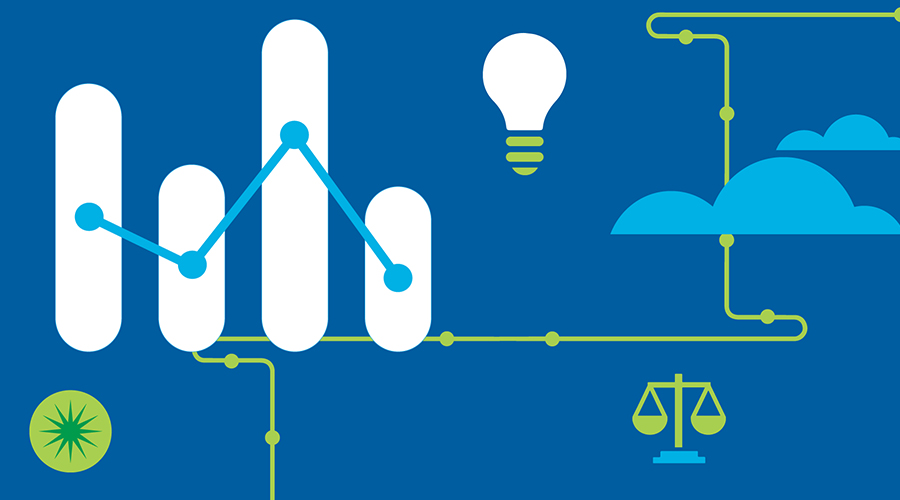Joanna Cohen, Senior Evaluation Officer, shares how we foster relationships with grantees through our evaluations and work to benefit grantees and investees in the process.
Relationships are at the core of our work. We depend on participation from a full range of Foundation staff, grantees, and external partners who coordinate around a program to address strategic questions about our work.
It is only through the strength of these relationships that we can engage constructively in the necessary and often difficult exercise of evaluation to examine our choices and make informed adjustments to advance our shared goals.
Our relationships with grantees are critical to this approach. Though we are not in the practice of evaluating individual grants—instead taking a strategy-level focus—we recognize grantees as both key sources and users of our work. Through it all, we endeavor to remain attuned to the power dynamics at play and mindful about the interests of the organizations and people we aim to support.

Contributing Insight
During an evaluation, evaluation and learning partners (ELP) connect with grantees to gather key insights about a strategy’s landscape, collect evidence of a strategy’s desired outcomes, and garner valuable feedback about the way in which we design and implement our work.
At a minimum, we offer all grantees the option to contribute to the evaluation. We protect their anonymity and confidentiality, so grantees feel safe sharing their unfiltered and honest perspectives and observations without fear of reprisal. This is also to avoid unfairly or unintentionally spotlighting certain grantees over others. Furthermore, following data collection and analysis we encourage ELPs to validate evaluation findings with grantees before reporting them to the Foundation. This validation aims to ensure that the conclusions we draw from those findings are grounded in the voices and lived experiences of those closest to the work.
Sharing in Learning
To counterbalance the extractive nature of collecting information from grantees, we look for opportunities to support grantees in using evaluation findings beyond sharing them on our website and on Candid.
As an example, we have held a series of convenings with grantees funded through our On Nigeria strategy to highlight evaluation findings and—with that knowledge in hand—help them identify possible adjustments to their projects, spur collaborations, and communicate the impact of their work to other donors and partners. We will look for ways to do more of this learning-focused work with grantees in the future.
We have found a positive correlation between engaging grantees in our evaluations and the strength of their overall relationship with us as a funder. However, we have also received feedback that our evaluation approach has missed opportunities to facilitate learning across grantees and opportunities to foster evaluation and learning skills within grantee organizations. We are also reminded that grantee participation requires a significant investment of their time, even if it is perceived as a worthwhile investment.
As our approach to evaluation evolves, we will continue to strive to make our relationship with grantees a mutually beneficial one.
More Perspectives on Evaluation ›



